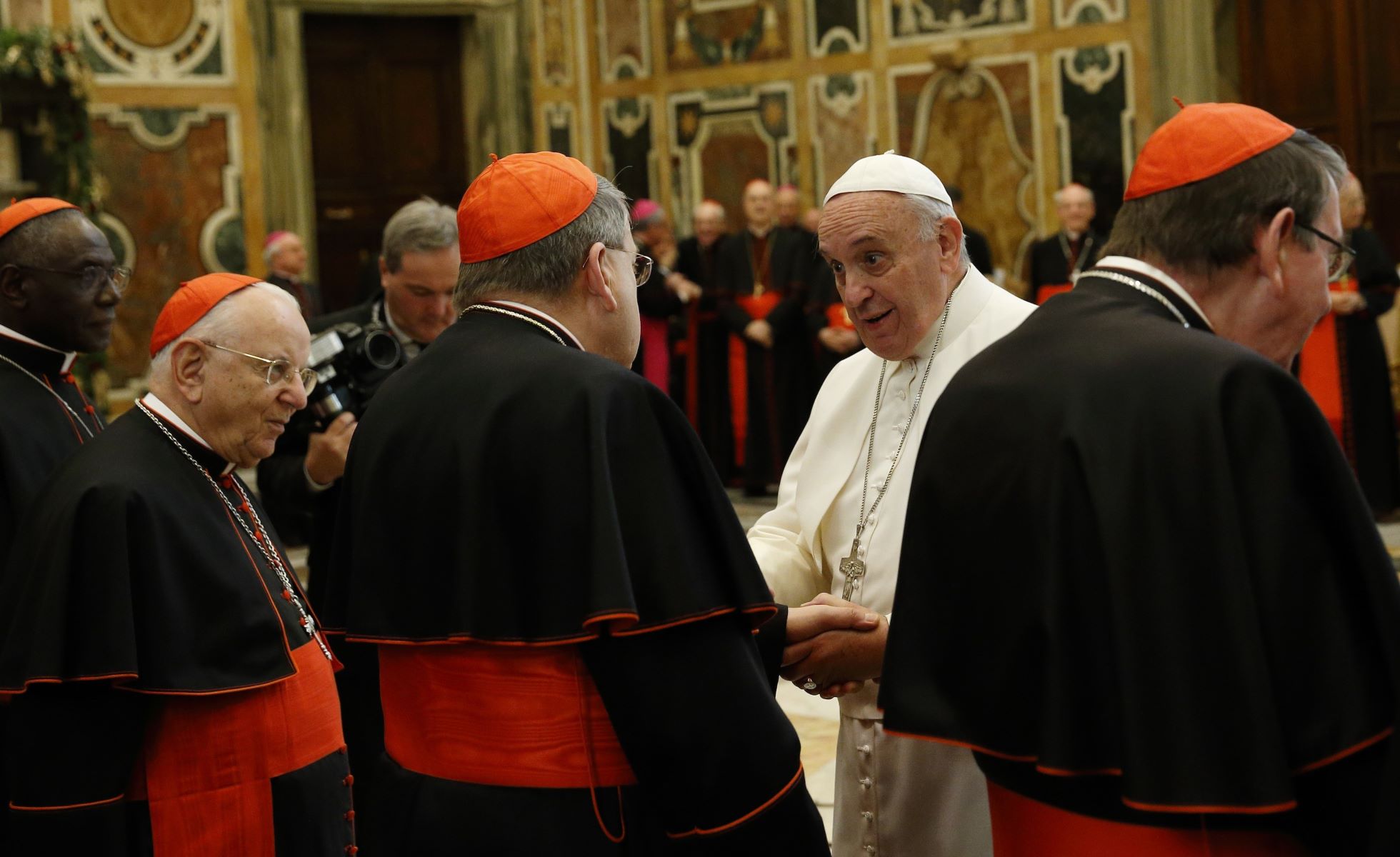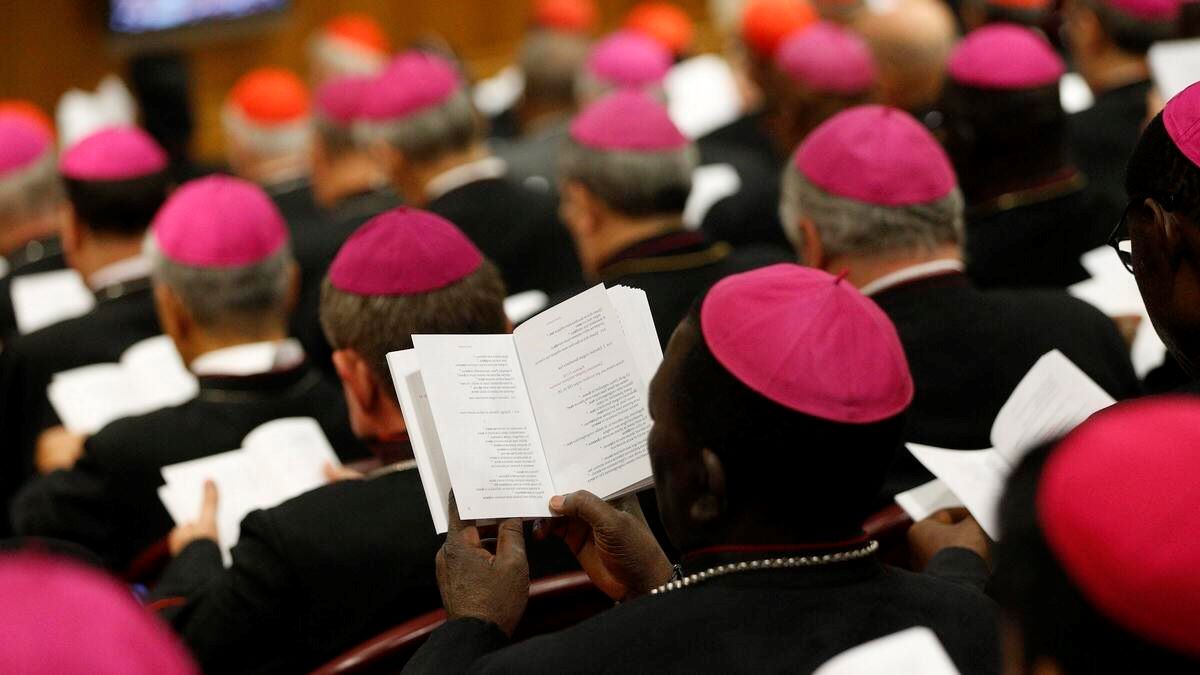
What is the Magisterium? The Magisterium is the teaching authority of the Roman Catholic Church. It consists of the Pope and the bishops. They interpret and preserve the teachings of the Bible and Church traditions. This authority ensures that the faith remains consistent and true to its roots. The Magisterium guides Catholics in understanding doctrines and moral issues. It plays a crucial role in maintaining unity within the Church. By providing clear teachings, it helps believers navigate complex theological questions. Understanding the Magisterium is essential for anyone interested in Catholicism. Let's dive into 20 intriguing facts about this vital institution.
What is the Magisterium?
The Magisterium is the teaching authority of the Roman Catholic Church. It plays a crucial role in interpreting the Word of God, both in written form and through Sacred Tradition. Here are some fascinating facts about this vital institution.
- The term "Magisterium" comes from the Latin word "magister," meaning teacher or master.
- It consists of the Pope and the bishops in communion with him.
- The Magisterium is responsible for ensuring the faithful transmission of Church teachings.
- It interprets both Sacred Scripture and Sacred Tradition.
- The Magisterium can issue teachings that are infallible, meaning they are free from error.
The Role of the Pope in the Magisterium
The Pope, as the Bishop of Rome, holds a unique position within the Magisterium. His role is central to maintaining the unity and integrity of Church teachings.
- The Pope is considered the supreme teacher of the Catholic faith.
- He can make infallible statements on matters of faith and morals, known as "ex cathedra" pronouncements.
- The Pope's teachings are binding on all Catholics.
- He has the authority to convene ecumenical councils, which are gatherings of bishops to discuss and settle Church matters.
- The Pope can also issue encyclicals, which are letters addressing important issues in the Church.
The Bishops and Their Role
Bishops play a significant role in the Magisterium, working alongside the Pope to guide the faithful.
- Bishops are considered successors to the apostles.
- They have the authority to teach and govern their dioceses.
- Bishops can issue pastoral letters to address local issues and guide their congregations.
- They participate in ecumenical councils to help shape Church doctrine.
- Bishops must remain in communion with the Pope to be part of the Magisterium.
Infallibility and Its Limits
Infallibility is a key concept within the Magisterium, but it has specific limits and conditions.
- Infallibility applies only to teachings on faith and morals.
- Not all teachings of the Magisterium are infallible; only those declared ex cathedra or by an ecumenical council.
- Infallible teachings are considered free from error and must be accepted by all Catholics.
- The concept of infallibility was formally defined during the First Vatican Council in 1870.
- Infallibility does not mean that the Pope or bishops are free from personal error or sin.
Final Thoughts on Magisterium
Magisterium, a term with deep roots in religious and educational contexts, holds significant importance. It refers to the authority of the Church, especially in interpreting and teaching the doctrines of faith. This authority ensures that teachings remain consistent and true to the original scriptures. Beyond religion, the term also finds relevance in academia, symbolizing the guiding principles of educational institutions.
Understanding magisterium helps in appreciating the structured approach to knowledge and faith. It highlights the importance of having a central authority to maintain the integrity of teachings. Whether you're exploring religious doctrines or academic principles, recognizing the role of magisterium can provide a clearer perspective.
So, next time you come across the term, you'll know it's not just a fancy word but a cornerstone in maintaining the purity and consistency of teachings across various fields.
Was this page helpful?
Our commitment to delivering trustworthy and engaging content is at the heart of what we do. Each fact on our site is contributed by real users like you, bringing a wealth of diverse insights and information. To ensure the highest standards of accuracy and reliability, our dedicated editors meticulously review each submission. This process guarantees that the facts we share are not only fascinating but also credible. Trust in our commitment to quality and authenticity as you explore and learn with us.


